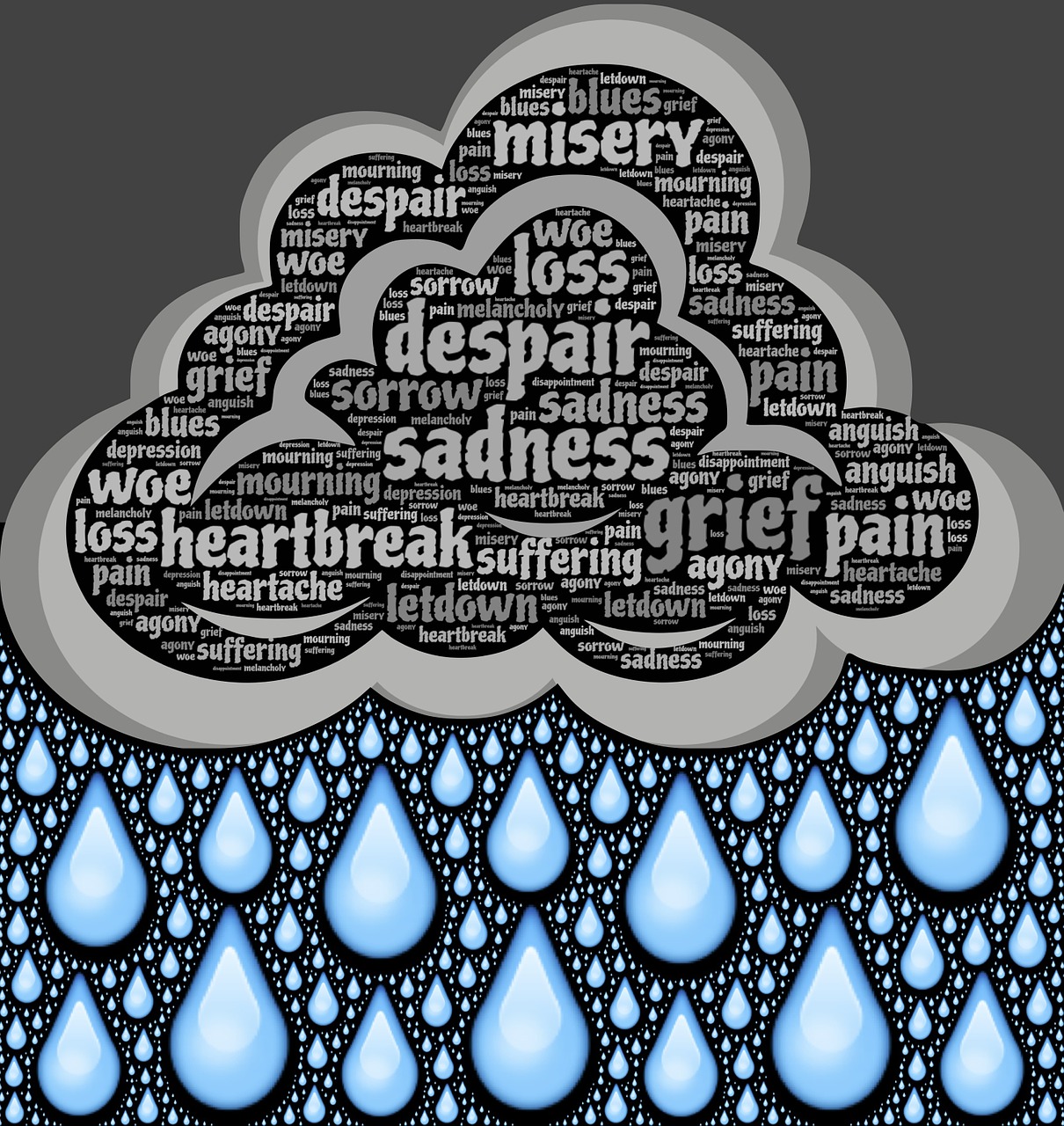
Help For Dealing With Life’s Rocky Roads
June 2 was National Rocky Road Ice Cream Day, celebrating the sweet deliciousness of chocolate, marshmallows and nuts. But while the national day of celebration has come and gone, we can’t help but draw parallels to life’s rocky roads at the same time. Death and illness have touched all of our families in some way. If you’re going through one of the rocky times, there’s help and support out there for you. Positive thinking and self-care are vital as we navigate the bumpy roads of life and death. Bereavement services in particular are designed to help you heal through workshops, support groups, counseling and more in Alameda County.
Grief and Mourning
We often get confused between grief and mourning. There is a natural place for both when going through trauma, such as losing a loved one to a long battle with illness. According to The American Institute of Stress, grief is what we feel when experiencing a psychological trauma, with signs that aren’t always outwardly expressed. Mourning is the process of psychological healing that encompasses four main stages:
- Accepting the reality of the loss
- Experiencing the pain of grief
- Adjusting to a new environment
- Withdrawal of emotional energy and reinvestment in new relationships
Everyone goes through these stages at different times, rates and orders. Some skip around. The bottom line is, there is a natural pattern and order to the mourning and grieving process. In an attempt to numb the pain of grief and loss, many people turn to drugs and alcohol, withdrawal or some other form of medicating ourselves into blocking the reality of what has happened. Those feelings of wanting to distance ourselves from the pain are natural. How we deal with those feelings makes all the difference.
Dealing With the Tough Times
Forbes has a good point, recalling a quote from the Greek philosopher Epictetus: “We cannot choose our external circumstances, but we can always choose how we respond to them.” It’s far too easy to forget that we have this choice when caught up in the current of strong emotions, particularly despair, anger or fear. It all starts in the way we talk to ourselves about our circumstances, making a profound impact on how we feel about those circumstances. This is a time to concentrate on self-care and positive thinking.
Accept Love
One of the first things we can do is accept others’ love and support when going through a tough time, such as the loss of a spouse. Your first instinct may be to hide away, disappear and mend in private. But when people who love you extend their support, try to get you out of the house or just talk on the phone, let them. Many of us pride ourselves on being self-reliant, even in times of crisis. But this isn’t the time to be strong on your own. You have to be “helpable,” willing to admit you’re in pain and that you need all the wisdom, insight or strength you can get from others. Being receptive to that support can help the healing progress.
Join a Support Group
Whether at an in-person group meeting or as part of social media groups, support groups give you a chance to talk and listen to others who know exactly what you’re going through. Yes, your close friends and family love you, but they may not have experienced the exact type of loss you have. So, while they can certainly sympathize, they can’t exactly empathize. Meeting with others as part of a bereavement support group can bring you all together in shared sorrow — a vital part of the healing process, says The Huffington Post.
See a Therapist
Just like support groups, therapists have the experience and training to help you deal with your feelings of loss in a positive, focused way. Trained in grief counseling, they can walk you through the stages of grief, give you advice on how to deal with the intense emotions you’re feeling, and help you navigate around barriers to mental and emotional healing.
Express Your Feelings
Understandably, it can be tough to talk about your emotions verbally. You may want to consider writing in a journal, writing letters to the person you have lost, creating a scrapbook with happy memories or taking up a cause that was important to your loved one. These are tangible ways to handle the many intangibles the loss has presented. Focusing your grief in a constructive way will help you deal with life’s rocky roads, step by step. Say yes when people call to get you out of the house. Go to that movie, go to that restaurant, attend that party, eat that rocky road ice cream, even when it’s the last thing you feel like doing. Those small steps add up to big progress later on.
Contact Pathways Home Health and Hospice
Pathways Home Health and Hospice also offers workshops throughout the year to help the grieving cope with loss. Those workshops include collage making, memorial gardens, journaling, origami cranes, and healing with nature. To learn more about how we can help, please contact us at 888-755-7855.

